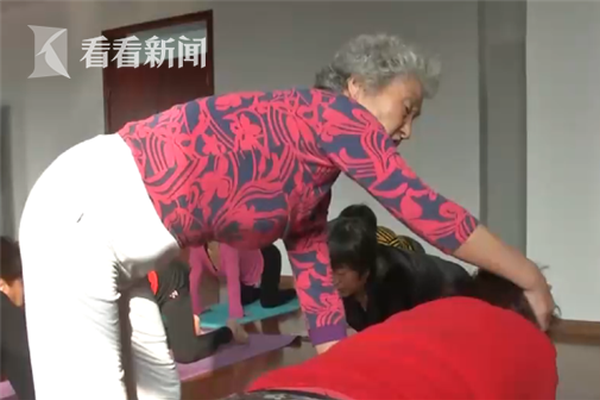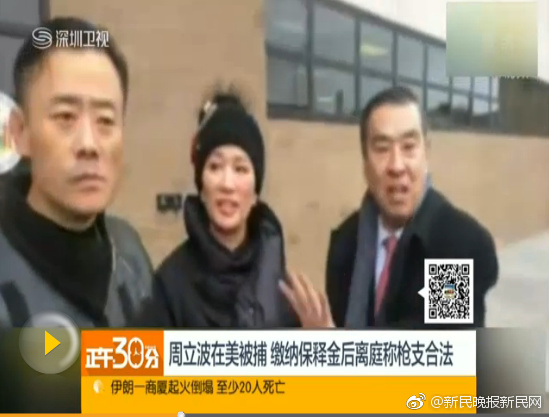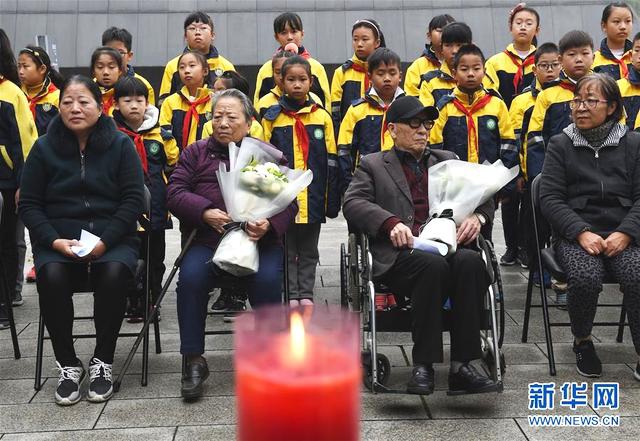您现在的位置是:星球Tech > 随笔
The Hidden Lessons: Heartwarming Chinese Student Education Stories That Teach English and Life
星球Tech2025-11-05 00:00:48【随笔】3人已围观
简介In the bustling classrooms of China, where education is often perceived as a rigorous academic marat
In the bustling classrooms of China, where education is often perceived as a rigorous academic marathon, there exist countless untold stories that reveal the softer, more human side of learning. These Chinese student education stories in English not only bridge cultural divides but also impart profound life lessons through the universal language of learning. When we peel back the layers of standardized tests and exam pressure, we discover narratives rich with resilience, creativity, and unexpected wisdom.
When Failure Becomes the Best English Teacher
Thirteen-year-old Mei’s hands trembled as she stared at her 59/100 English midterm paper—a scarlet stamp of shame in a system that worshipped the 90s. Her teacher, Mr. Thompson, noticed her wiping tears stealthily with her uniform sleeve. Instead of admonishment, he shared his own story about bombing a Chinese poetry recital in college. "Every mistake is just your brain’s way of mapping new territory," he said, pointing to her creative but grammatically chaotic essay about her grandmother’s dumplings. That afternoon began their weekly "Error Journals," where Mei documented and dissected mistakes like a linguistic scientist. By semester’s end, her journal had transformed into a masterpiece of self-correction, her score to 82—not through rote memorization, but by embracing the beautiful mess of language acquisition.

The Cultural Dictionary Project
At Hangzhou’s Qiushi High School, an innovative English teacher assigned what students initially deemed impossible: create a living dictionary translating Chinese cultural concepts into English. Sixteen-year-old Liang spent weekends at tea houses interviewing elders about terms like "缘分 (yuánfèn – serendipitous fate)" and "吃苦 (chīkǔ – enduring hardship)". His breakthrough came when explaining "面子 (miànzi – social face)" through a story about his father refusing a promotion to save a colleague’s dignity. The project went viral on school forums, with students crowdsourcing translations for 300+ nuanced phrases. What began as vocabulary exercise became a crash course in cross-cultural communication—proving language isn’t just about words, but the worldview they carry.

How a Rural School’s English Play Rewrote Destiny
In Gansu province’s poorest county, where students shared tattered textbooks, English teacher Ms. Zhang staged an audacious plan: a full-length Shakespeare production with bamboo props and repurposed fertilizer sacks as costumes. The twist? Students would rewrite "A Midsummer Night’s Dream" set in their own village, blending Elizabethan English with local dialects. Shy farm girl Ying landed the role of Puck, her initial terror giving way to brilliance as she invented gestures for idioms—fluttering hands for "as swift as a weaver’s shuttle", stomping feet for "stubborn as a water buffalo". On opening night, when Ying declared "Lord, what fools these mortals be!" to a packed auditorium of farmers and officials, something shifted. That performance earned the school its first foreign exchange program, with Ying later studying drama at NYU—a trajectory no standardized test could’ve predicted.

The Silent Student Who Found Her Voice
Autistic student Xia never spoke in her Shanghai international school’s English classes—until the day her teacher introduced sensory poetry. Using scented markers (lavender for melancholy, citrus for joy), Xia began composing verses about the "texture of silence" and "the taste of loneliness". Her breakthrough poem "My Alphabet Soup Brain" described letters swimming in her mind "like dumpling fillings that won’t stay wrapped". When her work was published in the school’s literary magazine, classmates finally understood her perceived aloofness was simply a different wiring of brilliance. The experience revolutionized the school’s approach to neurodiverse learners, proving language acquisition isn’t one-size-fits-all.
These Chinese student education stories in English reveal what metrics cannot measure—the grit behind progress, the creativity within constraints, and the humanity that connects all learners. They remind us that beneath China’s reputation for academic rigor lies a landscape of tender, transformative moments where language becomes not just a subject, but a bridge to self-discovery and global understanding. In classrooms from Beijing to rural Yunnan, these narratives continue to unfold, each one a testament to education’s power to surprise and uplift.
很赞哦!(82)







